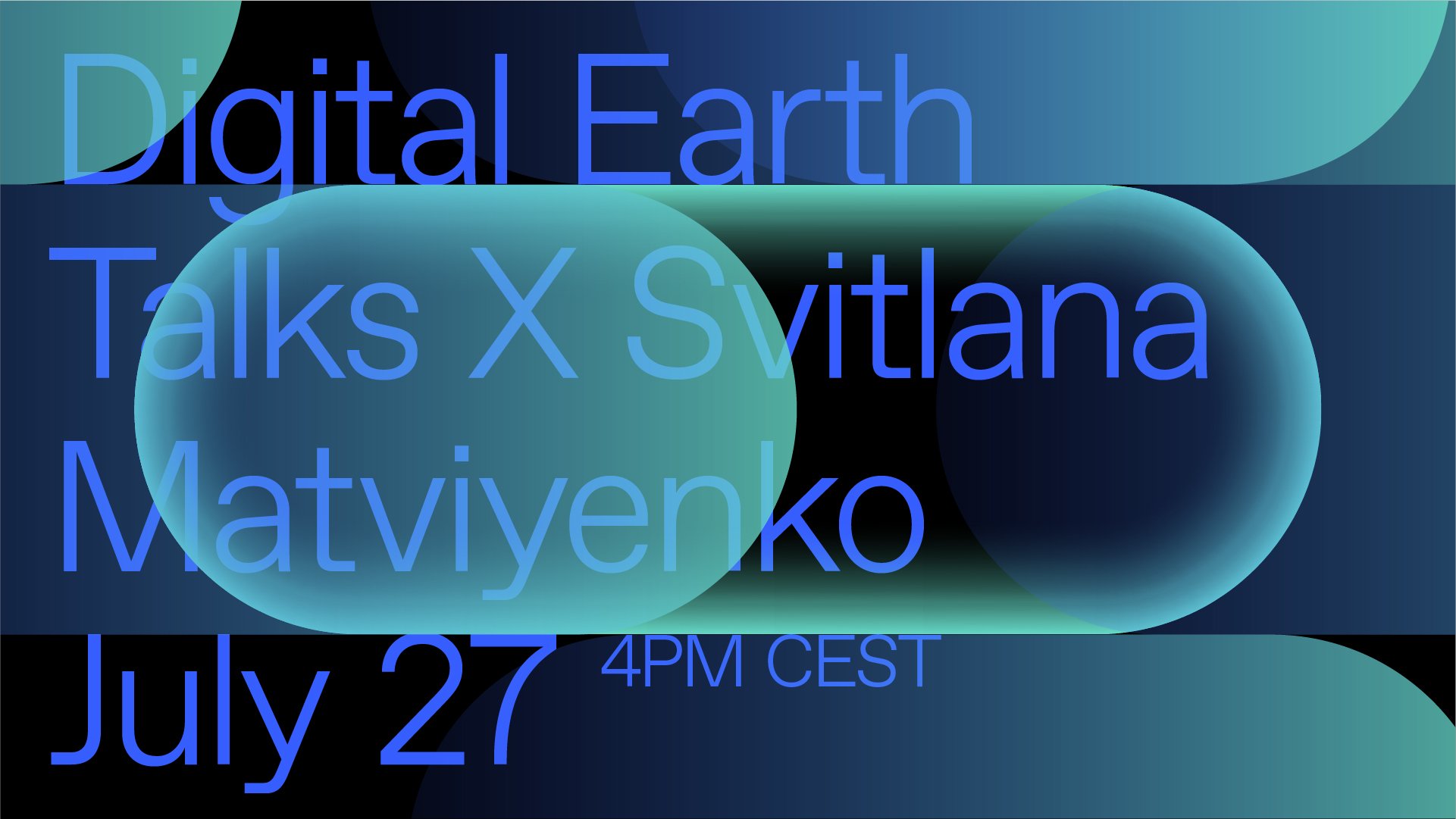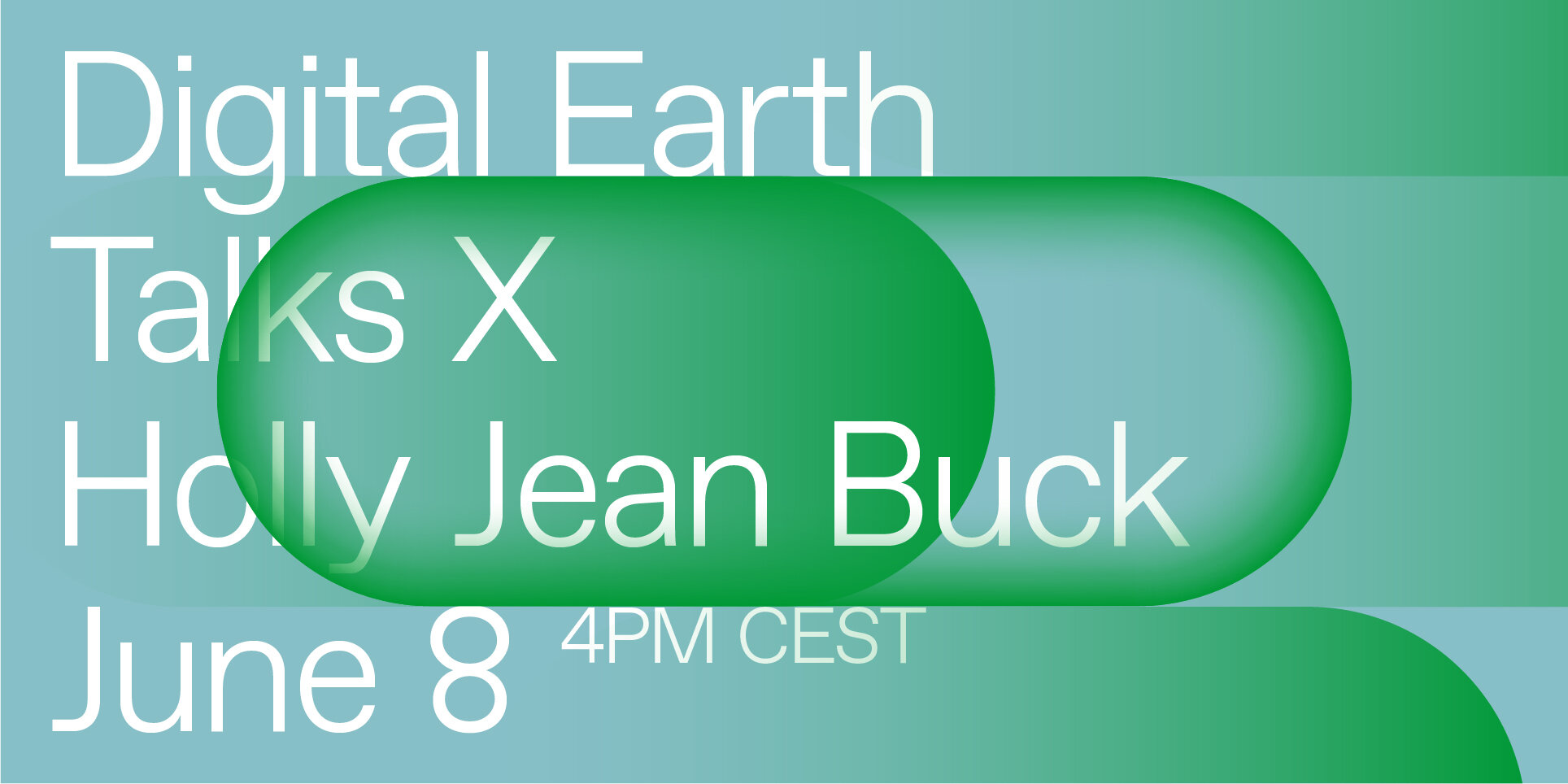Recap #2 Digital Earth Talks x Chakanetsa Mavhunga
We must dare to be critical thinker-doers who know in order to solve, and know through solving
written by Nora N. Khan and Digital Earth
Chakanetsa met the fellows with a vital challenge: to un-think and challenge Western paradigms of thinking, knowing and learning, which have shaped the language of possibility, particularly across the African continent, in favour of a more active critical thinking and doing.
Chakanetsa proposes, to the Fellows and audience gathered, that they step outside of the knowledge system ‘imported,’ politely speaking, imposed, historically speaking, by colonisers, and then aggressively disseminated by imperialism. He offers up the model and protocol of ‘alternative knowledge futures,’ which helps others examine and question the notion of a universal human experience, which creates, endemically, a hierarchical frame: all that does not fit within the universal, or refutes it, is anathema. Through alternative knowledge futures, the discussion allows for re-centering of Africa and the African perspective, and the futures of the Continent.
Most importantly, neither of these two concepts, of theory and praxis, come to fruition without one another. To merge them, Chakanetsa envisions a series of radical shifts, particularly within education.
Chakanetsa imagines the figure of the ‘critical thinker-doer’ spearheading these futures. They see thinking and doing – theory and praxis – as inseparable. Most importantly, neither of these two concepts, of theory and praxis, come to fruition without one another. To merge them, Chakanetsa envisions a series of radical shifts, particularly within education. As he argues, theory for theory’s sake has haunted academic spaces, and rendered theory into an ‘affordable luxury of the oppressed’. Further, it has been a one-way street, in which theoretical knowledge has been applied to struggling societies but the counter-activation of praxis is left out of the conversation. Beginning with the educational system on the African Continent, Chakanetsa proposes a cross-cultural, interdisciplinary curriculum focused on research and praxis, one in which the academy is informed by communities producing knowledge in service of the day to day.
Chakanetsa frames his thinking around Thomas Sankara, revolutionary and former president of Burkina Faso. Sankara’s political experimentation, in which he leveraged radical thinking for the future of his country, has made him a potent symbol of decolonisation. Sankara was a ‘non-conformist thinker’, as Chakanetsa describes him; he worked courageously and with the force of revolution, enacting as a builder and architect of the future. It is this task that Chakanetsa passes on to a younger generation, as he dares them ‘to invent a future without fear’.
The Digital Earth Fellows took up the challenge posed to them, and grappled with questions of: how to foster community through a local and global scale; how to embody theory in the everyday; how to take up the struggles and risks of revolutionary work, and at last, on how to understand the notion of the decolonised mind as one of many competing models for the future. Emerging from this discussion was a clear reminder that just as theory should not exist for theory’s sake, neither should art exist for art’s sake alone. Instead, artists offer a unique psychological and making space to connect thinking directly with doing, and in the process, the individual and community. Artists implement thinking as engineers of – and with – society.
Recap Digital Earth Talks 2021
Final Reflection on the Digital Earth Talks Series
Recap Digital Earth Talks #1 Lukáš Likavčan
Recap Digital Earth Talks #2 Chakanetsa Mavhunga
Recap Digital Earth Talks #3 Maya Indira Ganesh
Recap Digital Earth Talks #4 Holly Jean Buck
Recap Digital Earth Talks #5 Svitlana Matviyenko
About Digital Earth Talks
How do we imagine a humane Digital Earth to come? Join the discussion and explore the visions of leading voices in art, tech, and philosophy from around the world.
Discover our past events here:





